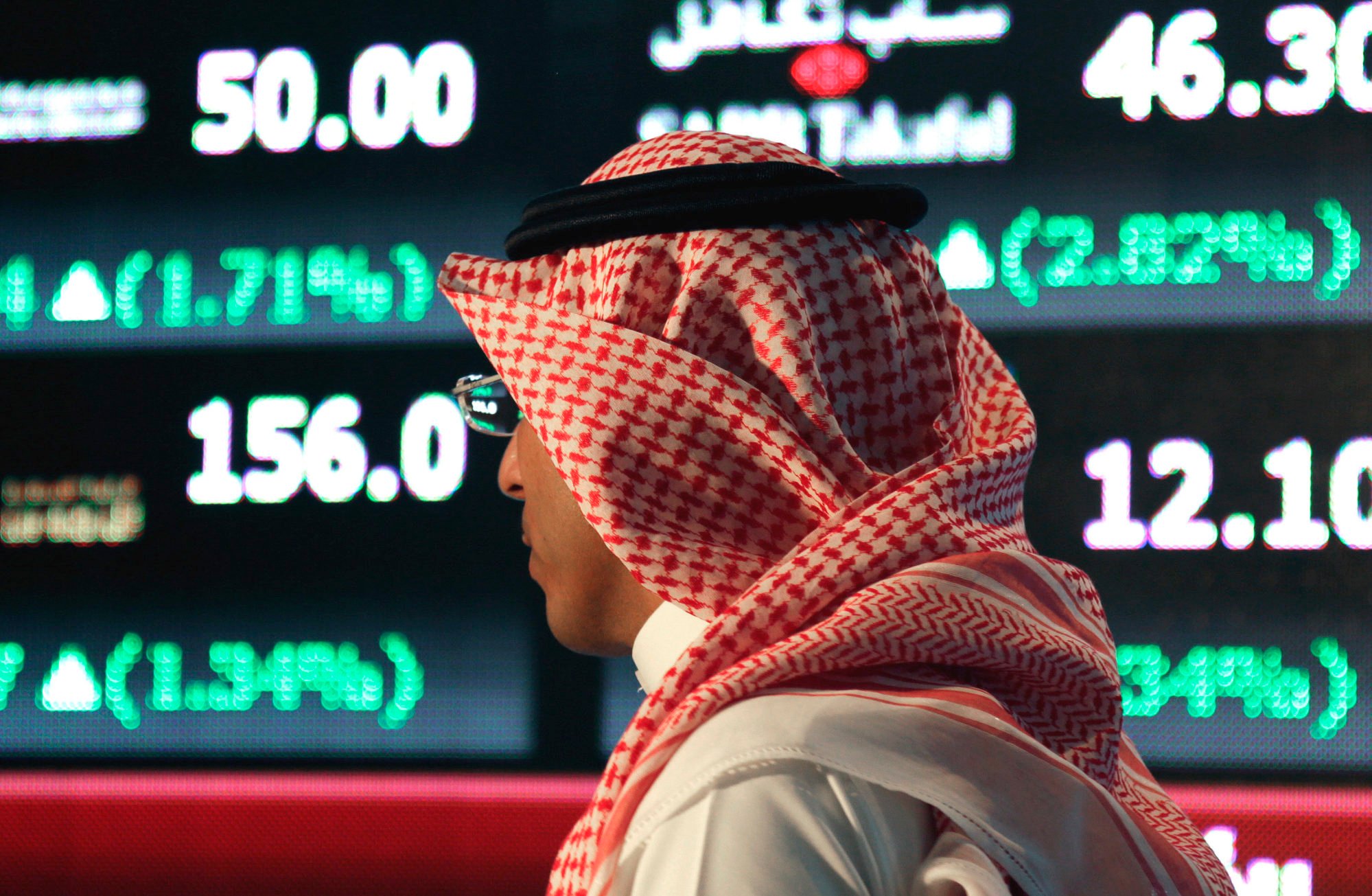The kingdom, which only joined the MSCI Emerging Markets index in 2019, has historically attracted very little from the billions of dollars that stock investors allocate to global stock markets. Fund managers were put off by the lack of liquidity in the Tadawul All Share Index, which limits full foreigner ownership, and by the nation’s over-reliance on fossil fuels.
Saudi Arabia now feels like China in the noughties
The increased interest has helped the Tadawul rally more than 11 per cent this year, more than double the return of the MSCI benchmark.
“Saudi Arabia now feels like China in the noughties,” said Fergus Argyle, who helped launch a new emerging-markets fund for EFG New Capital two years ago that has an 8 per cent allocation to the Saudi stock index.
Argyle says Saudi Arabia is still “very under-represented” in investor portfolios even after the Tadawul index attracted net foreign inflows of over US$3 billion this year. That’s a fraction of the US$24 billion that poured in when the index joined the MSCI benchmark four years ago, but analysts say the volume will grow as reforms get under way.
‘Superconnector’ Hong Kong has US firmly in its sights in pivot to Middle East
‘Superconnector’ Hong Kong has US firmly in its sights in pivot to Middle East
Saudi’s weighting in the MSCI Emerging Markets index has climbed to nearly 4.1 per cent from about 1.5 per cent when it was originally included in the benchmark as foreign interest grows and Saudi encourages more companies to go public. Saudi companies have raised US$11.5 billion from listings since the start of 2022 at a time when initial public offerings have slowed elsewhere.

Passive investors could deliver inflows of US$7.3 billion if Saudi Arabia lifts the level of maximum allowed foreign ownership to 100 per cent from just under half currently for most stocks, according to Elia Alchaar, associate analyst at Arqaam Capital. That could also lead to a “substantial increase” in its weight on emerging-market indexes, he said.
Rising interest in Saudi Arabia mirrors the decline in foreign participation in the Chinese market. While India has emerged as one major beneficiary of the shift, Russia’s absence from the index means investors don’t have many other alternatives. The choice will become even more limited if South Korea is upgraded to developed-market indexes, which could happen at some point next year.
Political risk
It’s not always easy to make an inroad though. The market is still geared toward locals and many of this year’s IPOs, including MBC Group’s US$222 million listing and ADES Holding Co.’s US$1.2 billion float, have been heavily oversubscribed.
“There are three or four IPOs that we’ve been involved in Saudi where we’ve been the only foreign investor.”
Saudi Arabia seeks closer ties with central banks of China, Hong Kong
Saudi Arabia seeks closer ties with central banks of China, Hong Kong
There are 147 emerging-market funds with over US$127 billion of assets under management that have never invested in Saudi Arabia, according to Copley Funds Research. But in a sign portfolio managers are following up research trips with higher allocations, the portions of active EM funds investing in the kingdom has more than doubled since the start of the year, the research shows.
Daniel Difrancesco, a US-based portfolio manager and analyst at BNP Paribas Asset Management, recently visited Riyadh to meet with some listed Saudi companies and is now considering increasing his investments.
“We are currently underweight, but continue to identify opportunities to deploy capital,” Difrancesco said.
“Visiting the country to meet with local business managers and witness the social and economic transformation that is under way has made us more constructive on the return potential for Saudi equities.”

